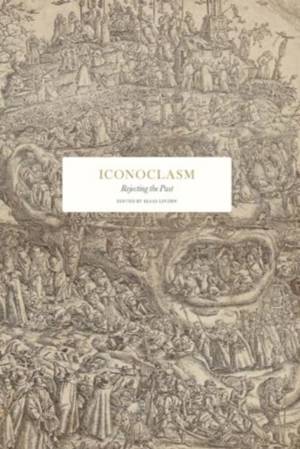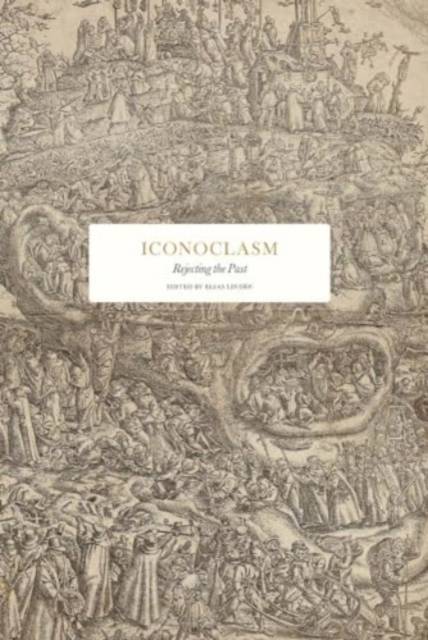
Bedankt voor het vertrouwen het afgelopen jaar! Om jou te bedanken bieden we GRATIS verzending (in België) aan op alles gedurende de hele maand januari.
- Afhalen na 1 uur in een winkel met voorraad
- In januari gratis thuislevering in België
- Ruim aanbod met 7 miljoen producten
Bedankt voor het vertrouwen het afgelopen jaar! Om jou te bedanken bieden we GRATIS verzending (in België) aan op alles gedurende de hele maand januari.
- Afhalen na 1 uur in een winkel met voorraad
- In januari gratis thuislevering in België
- Ruim aanbod met 7 miljoen producten
Zoeken
Omschrijving
Iconoclasm, the destruction of images, is part of our history - from the destroying of religious images in early Christianity to today's toppling of statues of Confederate generals and slave traders. Images, buildings and objects that violate religious or ideological beliefs must be wrecked. Those who perform such purges - iconoclasts - are convinced they are carrying out an act of purification. The past has been turned upside down in a desire to start over from the very beginning.
The different contributions in the anthology Iconoclasm: Rejecting the Past make the consequences crystal-clear. Not just invaluable cultural treasures but also human lives are lost when fanaticism has free rein. We saw this when the Islamic State destroyed museum artefacts that were thousands of years old, when Mao's Red Guards burned books and persecuted people who did not share their beliefs during China's Cultural Revolution, or when the Russian Bolsheviks dynamited churches and desecrated icons. There are countless examples of the damage these destructive forces have wrought over the centuries. The battle cry of iconoclasm, which is so strong today, demonstrates its continued appeal. Iconoclasm: Rejecting the Past is a warning bell, an alarm, alerting readers to the threat against the tolerance and openness of democratic society.
The different contributions in the anthology Iconoclasm: Rejecting the Past make the consequences crystal-clear. Not just invaluable cultural treasures but also human lives are lost when fanaticism has free rein. We saw this when the Islamic State destroyed museum artefacts that were thousands of years old, when Mao's Red Guards burned books and persecuted people who did not share their beliefs during China's Cultural Revolution, or when the Russian Bolsheviks dynamited churches and desecrated icons. There are countless examples of the damage these destructive forces have wrought over the centuries. The battle cry of iconoclasm, which is so strong today, demonstrates its continued appeal. Iconoclasm: Rejecting the Past is a warning bell, an alarm, alerting readers to the threat against the tolerance and openness of democratic society.
Specificaties
Betrokkenen
- Auteur(s):
- Uitgeverij:
Inhoud
- Aantal bladzijden:
- 254
- Taal:
- Engels
Eigenschappen
- Productcode (EAN):
- 9789189425910
- Verschijningsdatum:
- 3/06/2024
- Uitvoering:
- Hardcover
- Formaat:
- Genaaid
- Afmetingen:
- 170 mm x 239 mm
- Gewicht:
- 810 g

Alleen bij Standaard Boekhandel
+ 97 punten op je klantenkaart van Standaard Boekhandel
Beoordelingen
We publiceren alleen reviews die voldoen aan de voorwaarden voor reviews. Bekijk onze voorwaarden voor reviews.









